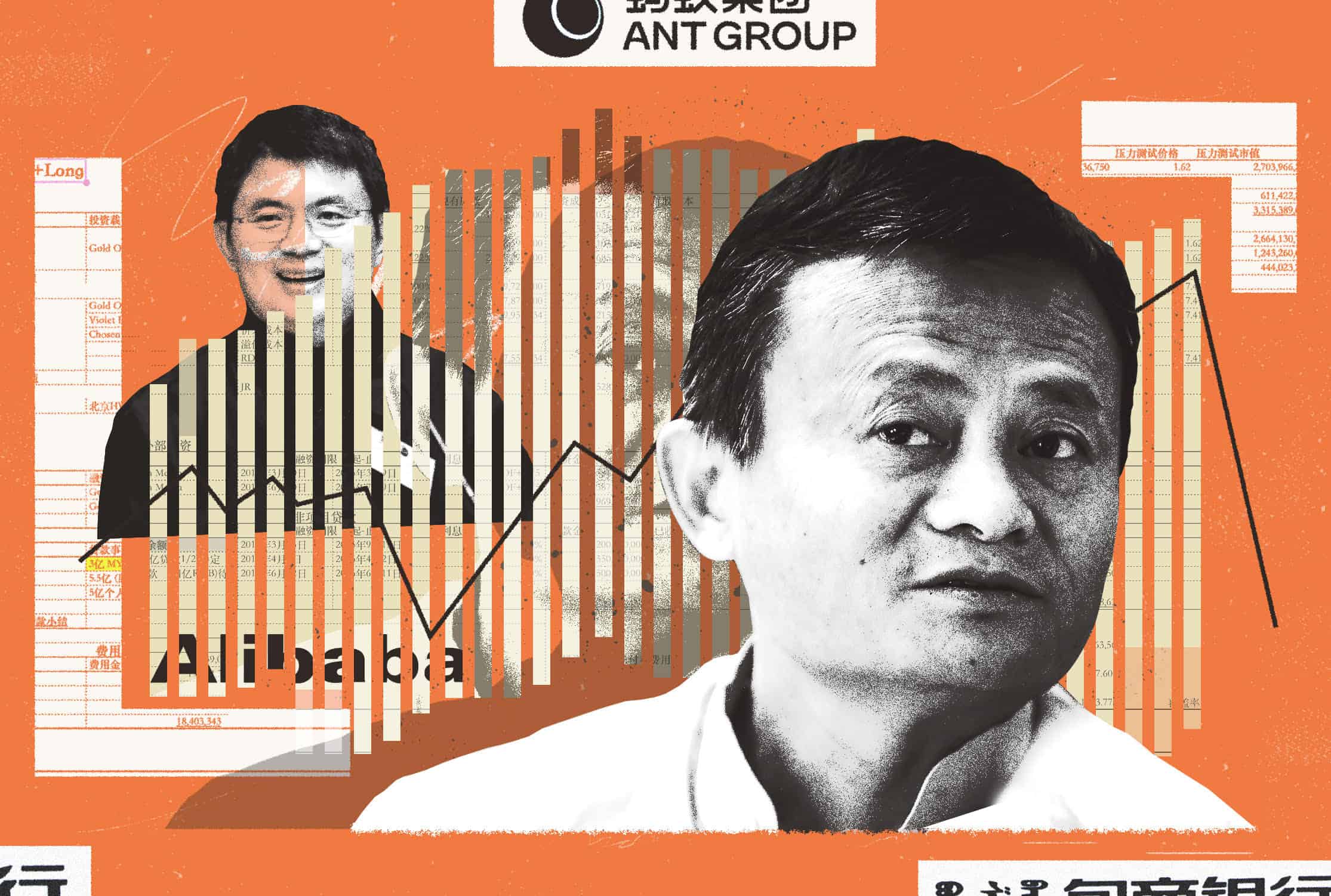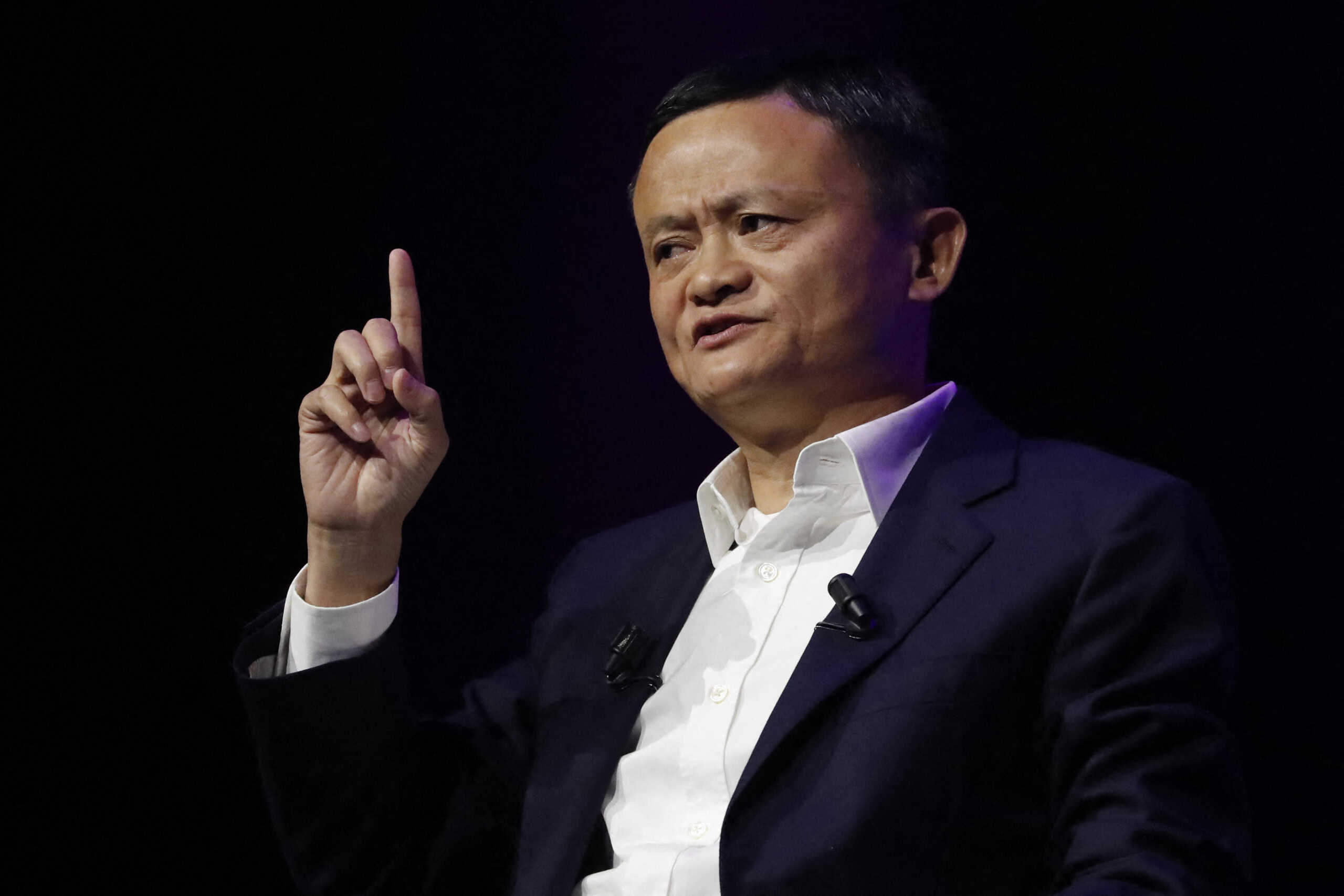Bonny Ling is the executive director of Work Better Innovations, a business consultancy that strives to promote a sustainable and inclusive economy. She is also a research fellow at the international think tank Institute for Human Rights and Business, where her work focuses on the Asia Pacific; and an advisory board member of Human Rights at Sea, an international NGO that raises global awareness of human rights abuses in the maritime sector. With a background in international diplomacy, Ling beg
Navigate China's Business Landscape with Confidence.
- Gain visibility into supplier risks
- Easily manage trade compliance
- Conduct in-depth due diligence



